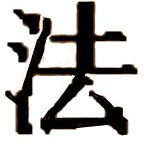Articles tagged with: Chinese New Left
jj blog »
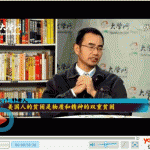
Utopia has up an very interesting, lengthy and wide-ranging interview with Han Deqiang on the ‘Occupy Wall Street’ protests. It tries to put the protests in a larger context of ‘globalization’, which Han explains as mainly the result of the strategy of companies in developed countries to boost their profits by moving production to developing countries, such as China. Along the way there’s an interesting discussion of poverty in the US, and a simple primer about ‘Who Rules America?”
Unfortunately, despite Han’s own explanation, and the interviewer’s faithful adherence to Han’s logic, in the end Chinese workers are told to enter into a united front with Chinese capital. Sigh.
Chinese Left, Contemporary China, CSG Translations, Husunzi, Rural China »
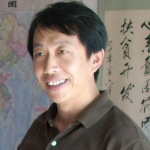
Comrade Liu Xiangbo (刘相波), better known as Liu Laoshi (刘老石), was the program coordinator of the Center for Rural Reconstruction at Renmin University of China, Ph.D. student at Renmin University’s School of Agricultural Economics and Rural Development, and founding director of the Liang Shuming Center for Rural Reconstruction. He passed away at 9:45 PM on March 24, at the age of 43, in the hospital of the Tianjin Armed Police Medical School, due to injuries from a traffic accident.
Chinese Left, Lance Carter »
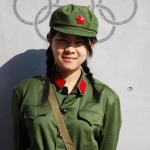
This article is an overview of the history of the Chinese New Left; their attempt to move away from a left-wing political agenda defined by the CCP; their successes, limitations, and failings in this regard; and the role discourse on the idea of a “Chinese alternative” has played in New Leftist debates with liberals. The article focuses on two prominent intellectuals from the Chinese New Left-Wang Hui and Cui Zhiyuan. It argues that the contradictory role of the Chinese state as both mitigator and patron of market reforms is one of the main obstacles to developing a more radical left-wing political movement in China.
Chinese Left, Chinese Revolutionary History, Husunzi, Reviews »
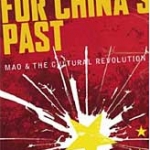
Comments on Chris Bramall’s review of The Battle for China’s Past by Mobo Gao. In this review Bramall makes some criticism that I think Mobo would appreciate, and which may be important for thinking about how to assess PRC history in general. Unfortunately Bramall’s own perspective is limited his developmentalism – that is, his commitment to a vision of economic and social development that, while critical of inequality, assumes the inherent goodness and necessity of things like continued urbanization, increasing labor productivity and output, and – apparently – the industrialization of agriculture and the disappearance of peasant farming.

